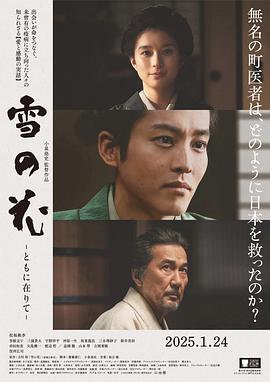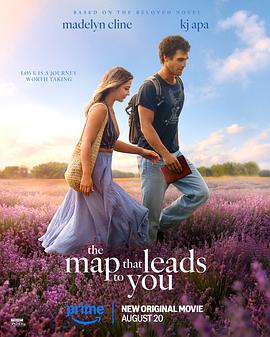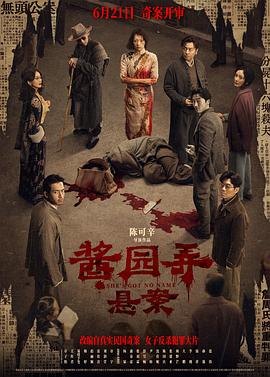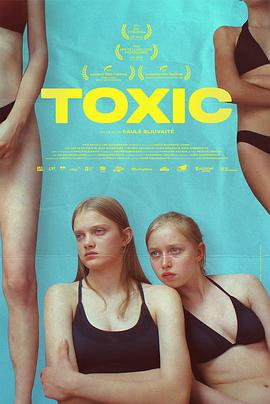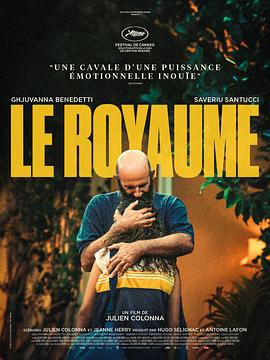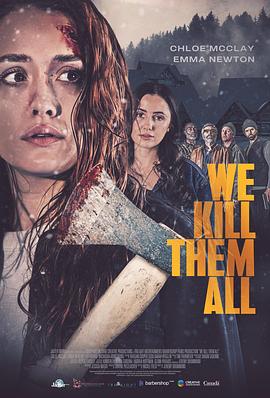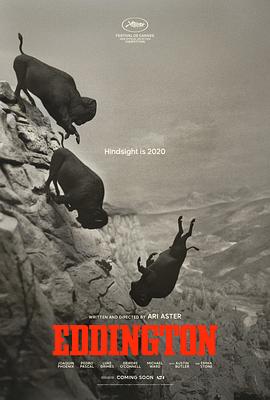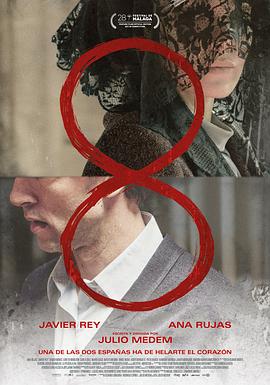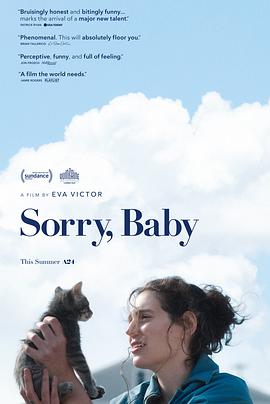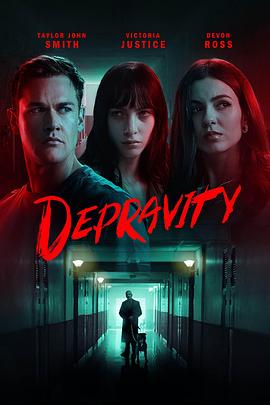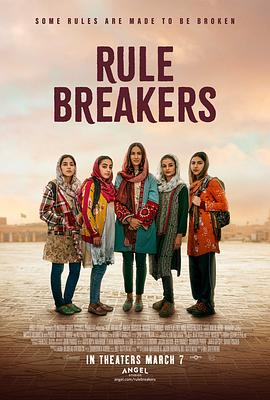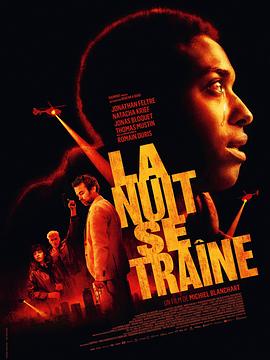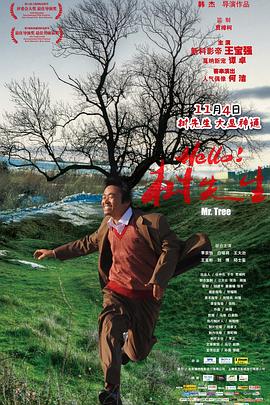- 正在播放《欧洲的某个地方》HD中字 - BF⚡
- 提醒不要轻易相信视频中的任何广告,谨防上当受骗
- 技巧如遇视频无法播放或加载速度慢,可尝试切换播放节点或者切换解析
- 收藏青骢影音网址:movie.95yoo.com / movie.95yoo.com ,记得收藏哟~
剧情:
Somewhere in the remote region, the war ends. In the midst of ruined cities and houses in the streets, in rural hamlets, everywhere where people still live, are children who have lost their homes and parents. Abandoned, hungry, and in rags, defenseless and humiliated, they wander through the world. Hunger drives them. Little streams of orphans merge into a river which rushes forward and submerges everything in its path. The children do not know any feeling; they know only the world of their enemies. They fight, steal, struggle for a mouthful of food, and violence is merely a means to get it. A gang led by Cahoun finds a refuge in an abandoned castle and encounters an old composer who has voluntarily retired into solitude from a world of hatred, treason, and crime. How can they find a common ground, how can they become mutual friends? The castle becomes their hiding place but possibly it will also be their first home which they may organize and must defend. But even for this, the price will be very high. To this simple story, the journalist, writer, poet, scriptwriter, movie director, and film theoretician Béla Balázs applied many years of experience. He and the director Géza Radványi created a work which opened a new postwar chapter in Hungarian film. Surprisingly, this film has not lost any of its impact over the years, especially on a profound philosophical level. That is to say, it is not merely a movie about war; it is not important in what location and in what period of time it takes place. It is a story outside of time about the joyless fate of children who pay dearly for the cruel war games of adults. At the time it was premiered, the movie was enthusiastically received by the critics. The main roles were taken by streetwise boys of a children's group who created their roles improvisationally in close contact with a few professional actors, and in the children's acting their own fresh experience of war's turmoil appears to be reflected. At the same time, their performance fits admirably into the mosaic of a very complex movie language. Balázs's influence revealed itself, above all, in the introductory sequences: an air raid on an amusement park, seen in a montage of dramatic situations evoking the last spasms of war, where, undoubtedly, we discern the influence of classical Soviet cinematography. Shooting, the boy's escape, the locomotive's wheels, the shadows of soldiers with submachine guns, the sound of a whistle—the images are linked together in abrupt sequences in which varying shots and expressive sharp sounds are emphasized. A perfectly planned screenplay avoided all elements of sentimentality, time-worn stereotypes of wronged children, romanticism and cheap simplification. The authors succeeded in bridging the perilous dramatic abyss of the metamorphosis of a children's community. Their telling of the story (the scene of pillaging, the assault on the castle, etc) independently introduced some neorealist elements which, at that time, were being propagated in Italy by De Sica, Rossellini, and other film artists. The rebukes of contemporary critics, who called attention to "formalism for its own sake" have been forgotten. The masterly art of cameraman Barnabás Hegyi gives vitality to the poetic images. His angle shots of the children, his composition of scenes in the castle interior, are a living document of the times, and underline the atmosphere and the characters of the protagonists. The success of the picture was also enhanced by the musical art of composer Dénes Buday who, in tense situations, inserted the theme of the Marseilaise into the movie's structure, as a motive of community unification, as an expression of friendship and the possibility of understanding. Valahol Europaban is the first significant postwar Hungarian film. It originated in a relaxed atmosphere, replete with joy and euphoria, and it includes these elements in order to demonstrate the strength of humanism, tolerance, and friendship. It represents a general condemnation of war anywhere in the world, in any form.
收起
【DVD】
官网同步更新,若有延迟请稍作休息再看看
官网同步更新,若有延迟请稍作休息再看看
【DVD】
官网同步更新,若有延迟请稍作休息再看看
官网同步更新,若有延迟请稍作休息再看看
相关影片
2024
剧情片
日本
HD中字
2025
剧情片
美国
萨玛拉·维文 史蒂夫·扎恩 兰道尔·朴 安迪·加西亚 克里斯·鲍尔 卡尔·格洛斯曼 迈克·奥麦利 埃尔·格雷厄姆 马歇尔·林奇 艾迪·莫迪卡 切尔茜·克里斯普 蓬·库巴斯基 布莱恩特·卡罗尔 尼古拉斯·博斯克 塞巴斯蒂安·苏戴斯 Nicholas David King Michael C. Pizzuto Penelope Lou Davis Aguila Nick Andrisin
她能逃过一切,唯独逃不过他。 曾是逃亡司机的她早已脱离危险日子,却为了拯救那个老是闯祸的前男友,再度飙命出击。
HD中字
2025
剧情片
美国
玛德琳·克莱因 乔什·卢卡斯 K·J·阿帕 索菲亚·怀利 麦迪森·汤普森 奥兰多·诺曼 Marilyn Cutts J·R·埃斯波西托 Giuseppe Schillaci Karl-el Santos Diego Ross Eva García Montiel Jorge Osório
故事讲述女主角希瑟准备在毕业旅行时享受最后一个自由的夏天,之后就按部就班成为一个都市职场女性。然而路途中,她遇到了冒险家杰克,他与希瑟截然相反,杰克邀请希瑟加入自己的探险之旅,沿着他祖父的日记记录
HD中字
2024
剧情片
大陆
HD国语
2025
剧情片
英国
HD中字
2024
剧情片
其它
维斯塔·马图利特 伊娃·鲁佩凯特 埃格尔·加布雷奈特 吉尔德里斯·萨维茨卡斯 维尔玛·劳拜特 耶卡捷丽娜·马卡罗瓦 约库巴斯·帕斯凯维丘斯 塔达斯·巴拉瑙斯卡斯 阿列克桑德拉·克里武利纳 维奥莱塔·瓦西柳斯凯特 马蒂纳斯·贝鲁利斯 卡斯帕拉斯·瓦拉纳维丘斯 加百列·佩措斯凯特 乌特·克雷特科沃斯凯特 西蒙娜·休平特 戈达·卢克赛维休特 伊娃·维图里昂特 伊娃·贾休奈特 绍勒·萨卡劳斯凯特 多明卡斯·斯措兹达斯
十三岁的玛莉雅气质出众,被模特学校选中,却因走路微跛,遭生母嫌弃、同侪耻笑。同校的克提娜来自问题家庭,成日与不良少年鬼混,但为了成为名模,不惜节食催吐、寻求偏方,虐待自己只求符合审美标准。在这片残
HD中字
2024
剧情片
法国
Ghjuvanna Benedetti Saveriu Santucci Anthony Morganti 安德里亚·郭苏 Frederic Poggi Régis Gomez Eric Ettori Thomas Bronzini Pascale Mariani Attilius Ceccaldi Ghjuvanni Biancucci Joseph Pietri Marie Murcia Alexandre Joannides Toussaint Martinetti Roselyne de Nobi
Corsica, 1995. It’s Lesia’s first summer as a teenager. One day a man bursts into her life and tak
HD中字
2025
剧情片
美国
一名年轻女子驱车前往一个偏僻的度假胜地,她疏远且犯罪的父亲希望在那里重拾他们的关系。当她到达时,她和她带来的女友遇到了她父亲过去认识的危险男人,他们必须拼命逃脱。
HD中字
2025
剧情片
美国
HD中字
2025
剧情片
西班牙
Ana Rujas 哈维尔·雷伊 塔马·诺瓦斯 洛雷托·莫利昂 卡拉·迪亚茨 玛丽亚·伊萨西 Mateo Medina Oriol Riera Asier Burguete 阿尔瓦罗·莫特 Irene Aragón Jordi Català Patxi Barko 坎迪多·乌兰加 Jacobo Girón 哈维尔·莫尔格德 Asier Hernández Gabriel Álvarez Eduardo Arregui 安东尼·阿格里戈梅兹科塔
It tells the story of how Octavio and Adela were born on the same day: 14 April 1931, but in oppos
HD中字
2025
剧情片
美国
伊娃·维克托 娜奥米·阿基 路易斯·坎瑟米 凯莉·麦科马克 卢卡斯·赫奇斯 约翰·卡洛·林奇 海缇安·朴 E·R·费特马斯特 Cody Reiss 乔丹·门多萨 Anabel Graetz Jonny Myles Danny Diaz Marc Carver 利兹·毕晓普 Natalie Rotter-Laitman Francesca D'Uva Alison Wachtler 戴维·J·库蒂斯 Priscilla Manning
久别重聚,友情依旧。同窗好友大步向前,结婚、怀孕、诞儿,艾丽丝只能踽踽独行,寻索自己的人生路。校园性侵事件发生后,生活如是继续:在母校教学升迁、与旧同学饭聚、被召任陪审员、与邻居展开恋情……一切仿
HD中字
2024
剧情片
英国
德蒙特·莫罗尼 萨莎·露丝 维多利亚·嘉丝蒂 泰勒·约翰·史密斯 亚历克斯·罗伊 亚当·拉扎尔-怀特 德文·罗斯 Bear Williams Geoff Browne Stephen Stapinski Noi Pru
影片讲述了住在一栋老公寓楼的三名住户怀疑他们那令人毛骨悚然的邻居是一名连环杀手,在根据他们的怀疑采取行动后,他们偶然发现了一起价值数百万美元的艺术品盗窃案。
HD中字
2025
剧情片
美国
HD中字
2025
剧情片
俄罗斯
HD中字
2024
剧情片
比利时,法国
The story is carried by Mady, student by day, locksmith by night. But Claire, the enigmatic young wo
HD中字
正在热播
更多
2025
国产剧
大陆
热播
全24集
2011
剧情片
大陆
推荐
已完结
2023
日韩动漫
日本
热播
藤宫周所住公寓的隔壁,住着学校第一的美少女椎名真昼。两人原本并没有什么瓜葛。有一天,周看到她淋在雨中,把伞借给了她。此后,两人开始了不可思议的交流。 真昼看不下去周自甘堕落的独居生活,帮忙做饭、打
已完结

